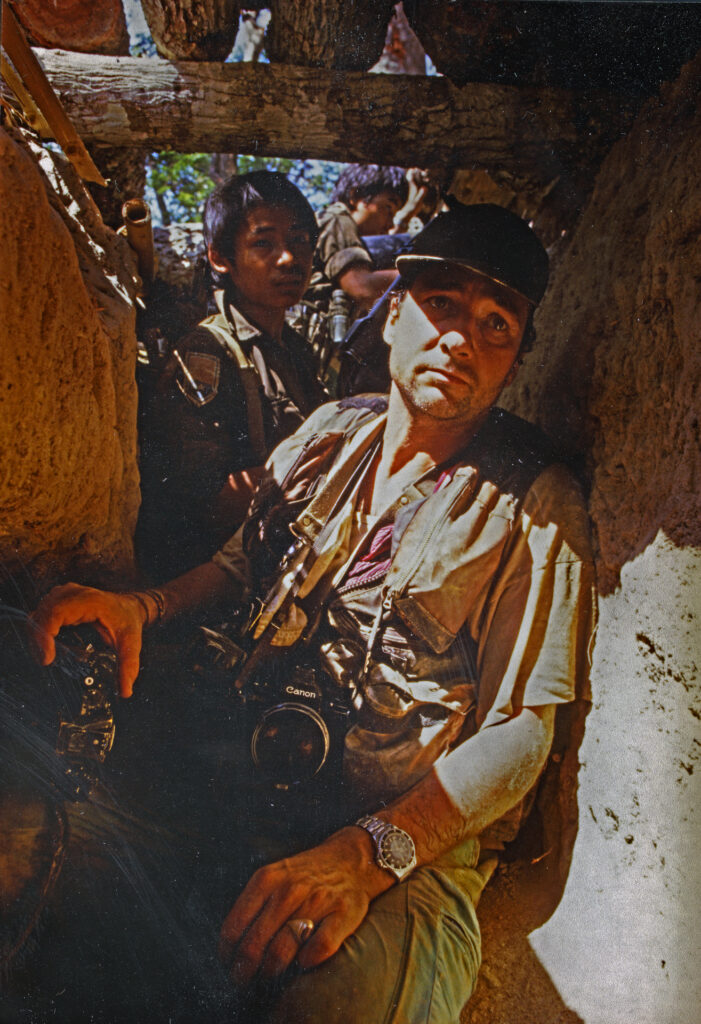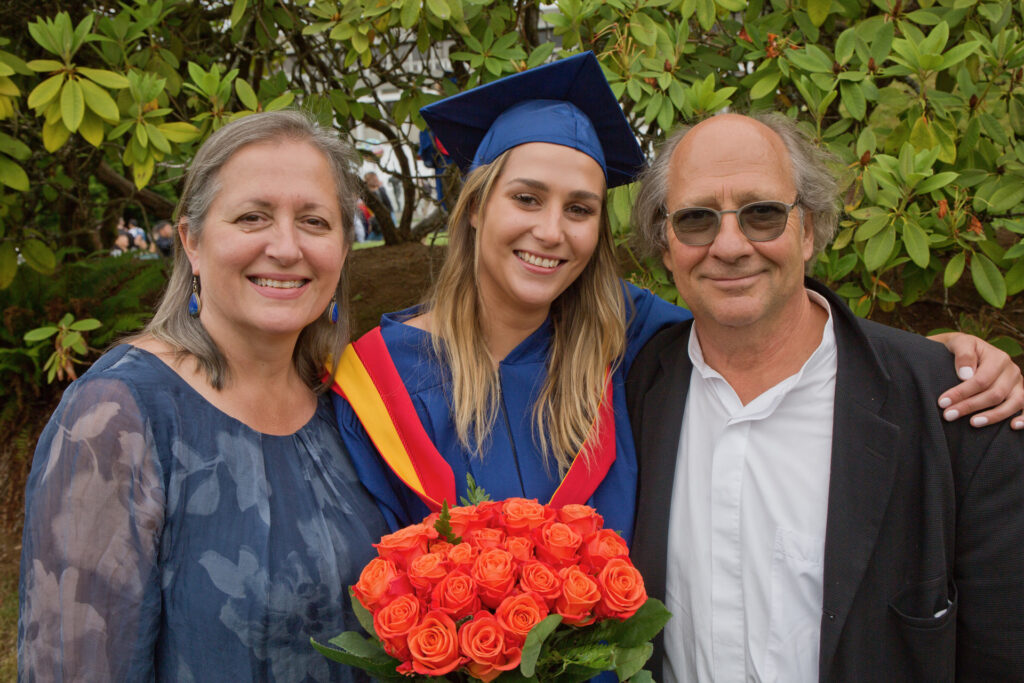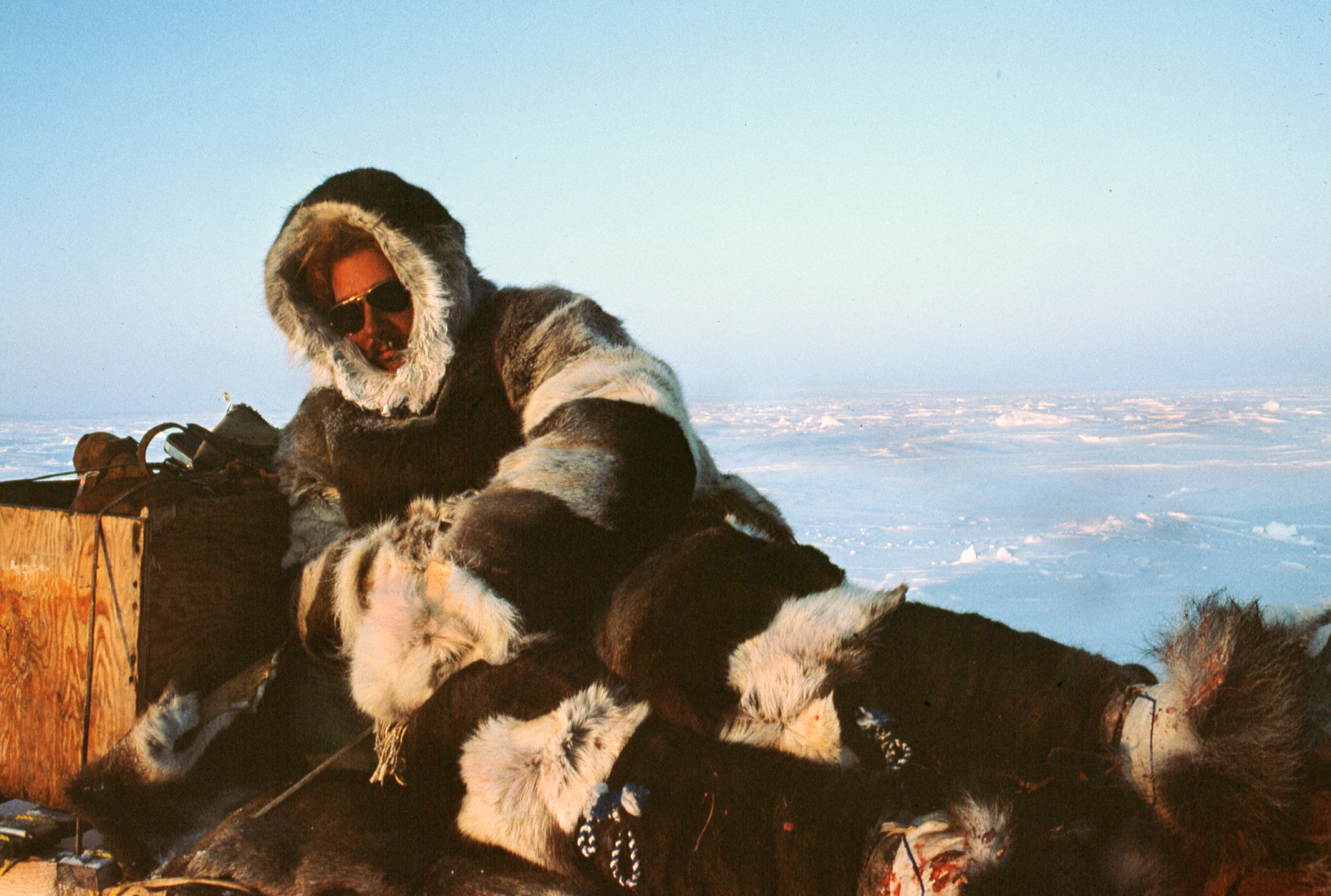Bio

Robert Semeniuk was born and spent his childhood in Big Valley, a farming village of 350 people in central Alberta, Canada.
He has been a full-time, freelance author, photojournalist, human and environmental rights activist for over 40 years. For his first job he lived with Inuit for two years, on assignment for National Geographic Magazine. Since then he has worked for most of the world’s major magazines, in over 80 countries and a dozen war zones. His work is used by numerous government and non government organizations including: United Nations agencies; the International Committee of the Red Cross (Geneva); the International Committee to Ban Landmines; the World Health Organization, David Suzuki Foundation, Orbis Canada
Robert commits many months to each of his projects. He spent over two years working exclusively on the global landmine crisis, and the plight of “War Affected Children” has engaged him for much of his career.
In 2002, he worked with Palestinian children in Shatila refugee camp in Lebanon, and covered demining operations using Afghan dogs in Yemen. Before that he discovered street children who founded a “Circus in Ethiopia.”
In 1995 he lived for three months in Gaza documenting Post Traumatic Stress Syndrome among children. His host was , Dr. Eyad El-Sarraj, founder of the Gaza Community Mental Health Program.
While covering the civil war in Burma, in 1987, Robert met his first landmine victim, a 14-year-old Karen child soldier. That same year he met child soldiers in Afghanistan and Cambodia.
In 1989, Semeniuk developed and coordinated an internationally acclaimed project that gave cameras to street children associated with the needle exchange in Vancouver, Canada.
In the spring of 1992, he documented three months in the life of a Red Cross War surgeon in Somalia. The story is about Dr. Chris Giannou, an extraordinary man in an extreme situation.
Robert has degrees in Environmental Studies (Cultural Ecology) and Human Geography. His graduate research introduced him to Canada’s Inuit. His extensive experience in developing countries has brought him to the realization that war, poverty, literacy, environmental degradation and health are intricately connected. He sees the disparity in world health as the most appalling manifestation of failed capitalism imaginable. Linear, short term, fundamentalist thinking endangers an ecological world that is still connected and energized by diversity.
His work has earned him over forty award nominations, including multiple top honours in National Magazine Awards, The Science Writers Association and The Canadian Association of Journalists.
He has been associated with New York’s Black Star Agency for nearly 25 years, and his photography library contains 350,000 images. He is a founder of On The Ground a tax exempt organization dedicated to helping documentary photographers fund and present important work. In his spare time he carves masks, which he learned to do from artist Bill Reid. He lives on Bowen Island on Canada’s Westcoast, near Vancouver, with his wife, Ruta Yawney. Their daughter, Raya, lives close by.

